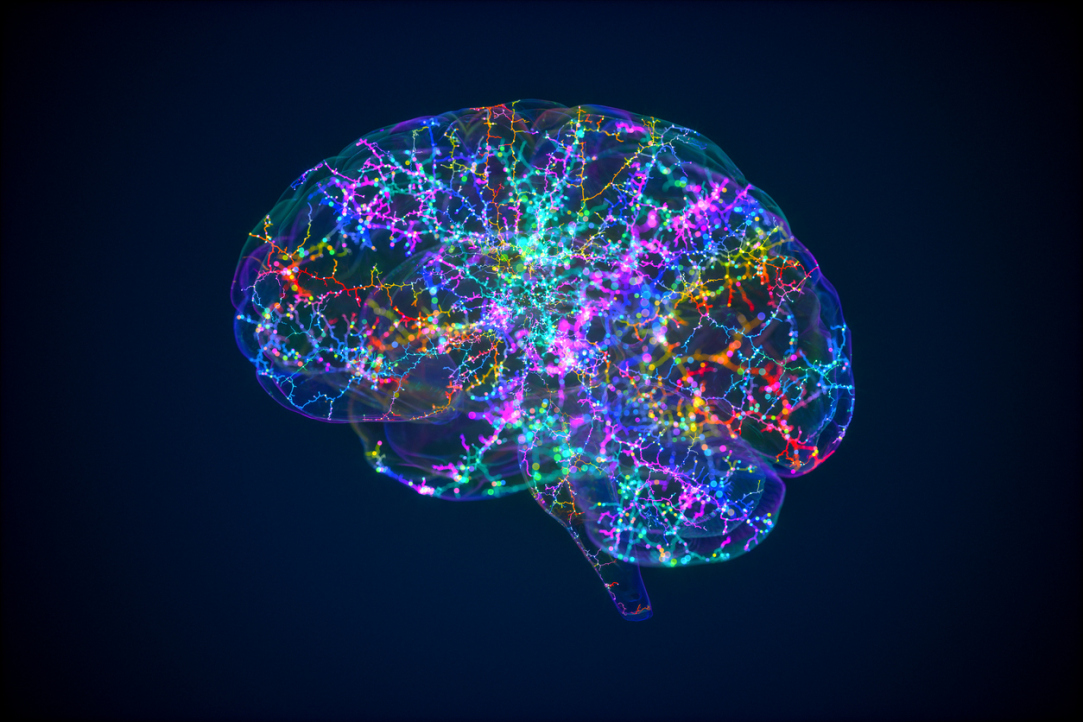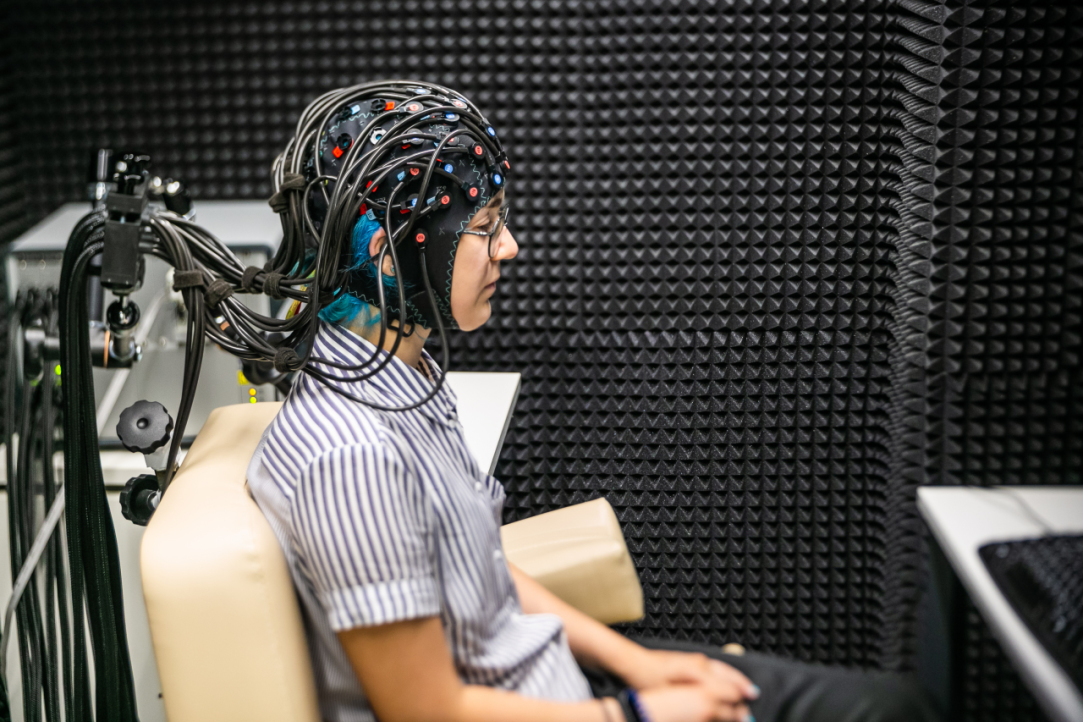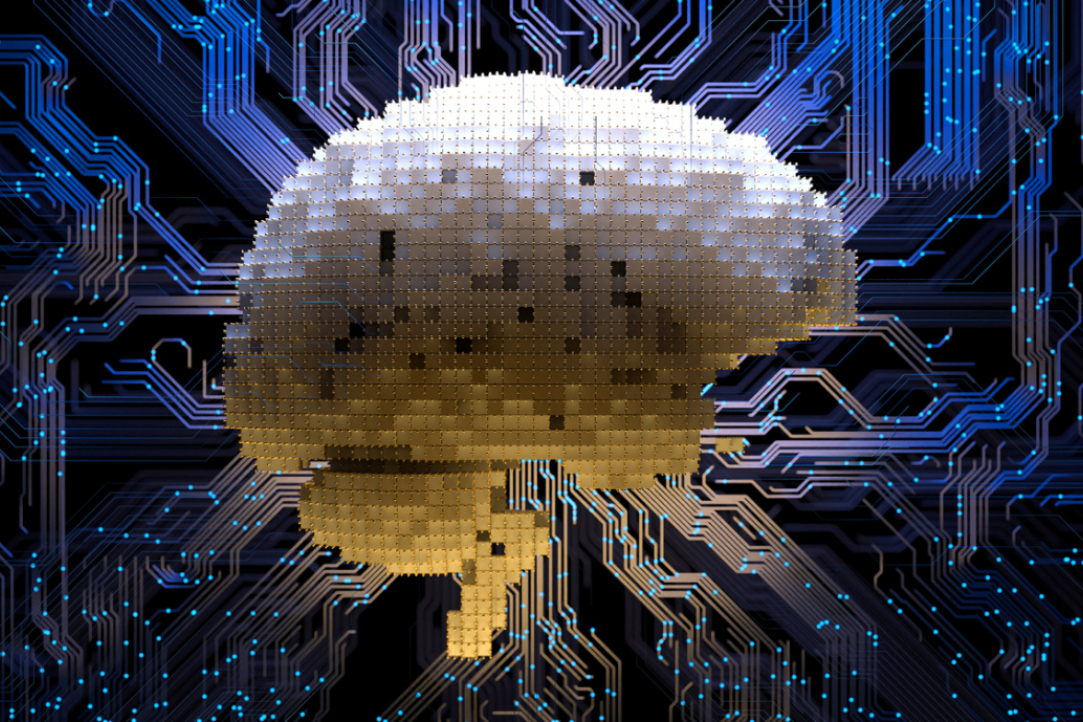
Neuroscientists Inflict 'Damage' on Computational Model of Human Brain
An international team of researchers, including neuroscientists at HSE University, has developed a computational model for simulating semantic dementia, a severe neurodegenerative condition that progressively deprives patients of their ability to comprehend the meaning of words. The neural network model represents processes occurring in the brain regions critical for language function. The results indicate that initially, the patient's brain forgets the meanings of object-related words, followed by action-related words. Additionally, the degradation of white matter tends to produce more severe language impairments than the decay of grey matter. The study findings have been published in Scientific Reports.

'Joint Background in Political Science and Anthropology Turned Out to Be Invaluably Useful in Studying the Region'
From April 26 to May 7, a team of professors and students from HSE University-St Petersburg conducted a field study in the Indian Himalayas. Below, Aleksei Sorbale, academic supervisor of the Bachelor's programme 'Political Science and World Politics', and Pavel Bazarov, a student of the Master's programme 'Global and Regional History', speak about their research and share their impressions of the expedition.

Space for Collaboration in Artificial Intelligence
The HSE Laboratory of Artificial Intelligence for Cognitive Sciences (AICS) has launched regular seminars, offering students and scientists from various universities and research centres the opportunity to share their latest research and discuss the most recent developments in artificial intelligence in a friendly and constructive atmosphere. The first seminar was held on May 15.

‘Compare Viewpoints, Listen to Others, and Try to Make Yourself Heard’
Prof. Olga Volosyuk, Head of the School of International Regional Studies, Faculty of World Economy and International Affairs, spoke to the HSE News Service about international relations, research, and conferences organised by the School.

Scientists Propose Star-Shaped Diffusion Model
Scientists at the AI Research Centre and the Faculty of Computer Science at HSE University, the Artificial Intelligence Research Institute (AIRI), and Sber AI have come up with novel architecture for diffusion neural networks, making it possible to configure eight distinct types of noise distribution. Instead of the classical Markov chain model with Gaussian distribution, the scientists propose a star-shaped model where the distribution type can be selected and preset. This can aid in solving problems across various geometric modalities. The results were presented at the NeurIPS 2023 conference.

HSE Scientists Leverage AI to Accelerate Advancement of 5G and 6G Wireless Communication Systems
The HSE Artificial Intelligence Centre has developed software for modelling radio channels in 5G and 6G wireless networks, based on ray tracing and machine learning techniques. Their software solutions enable modelling radio wave propagation between transmitters and receivers and can convert ray tracing data into a frame sequence format, configure and train neural networks based on this data, and subsequently save the trained models.

New Method Enables Dyslexia Detection within Minutes
HSE scientists have developed a novel method for detecting dyslexia in primary school students. It relies on a combination of machine learning algorithms, technology for recording eye movements during reading, and demographic data. The new method enables more accurate and faster detection of reading disorders, even at early stages, compared to traditional diagnostic assessments. The results have been published in PLOS ONE.

Mongolia's Forests Found to Be Poorly Adapted to Climate Change
Compared to meadows and steppes, the montane forest ecosystems in Northern Mongolia display less self-organisation, making them more susceptible to the impacts of climate change. This is the conclusion of a team of researchers led by Robert Sandlerskiy, Head of the International Laboratory of Landscape Ecology of the HSE Faculty of Geography and Geoinformation Technology. The results of the study have been published in a special issue of Entropy.

‘Like Electricity, AI Can Bring Incredible Benefits’
Developments in the field of artificial intelligence are gradually taking over the world. AI has the potential to bring incredible benefits to the global economy and our quality of life, but it also creates new challenges. Panos Pardalos, Professor at the University of Florida, Academic Supervisor of the Laboratory of Algorithms and Technologies for Networks Analysis (Nizhny Novgorod), covered these issues, along with other related topics, in his recent report.

Alexander Shokhin: Legalising Mining as Entrepreneurial Activity Is Crucial
Professor Alexander Shokhin, President of HSE University and the Russian Union of Industrialists and Entrepreneurs (RUIE), participated in the Digital Security Law Forum at MGIMO University. He discussed the integration of digital finance and digital financial assets into the country's economic landscape and advocated for the legalisation of cryptocurrency mining as a form of entrepreneurial activity.


Deadline for abstract submission - November 15